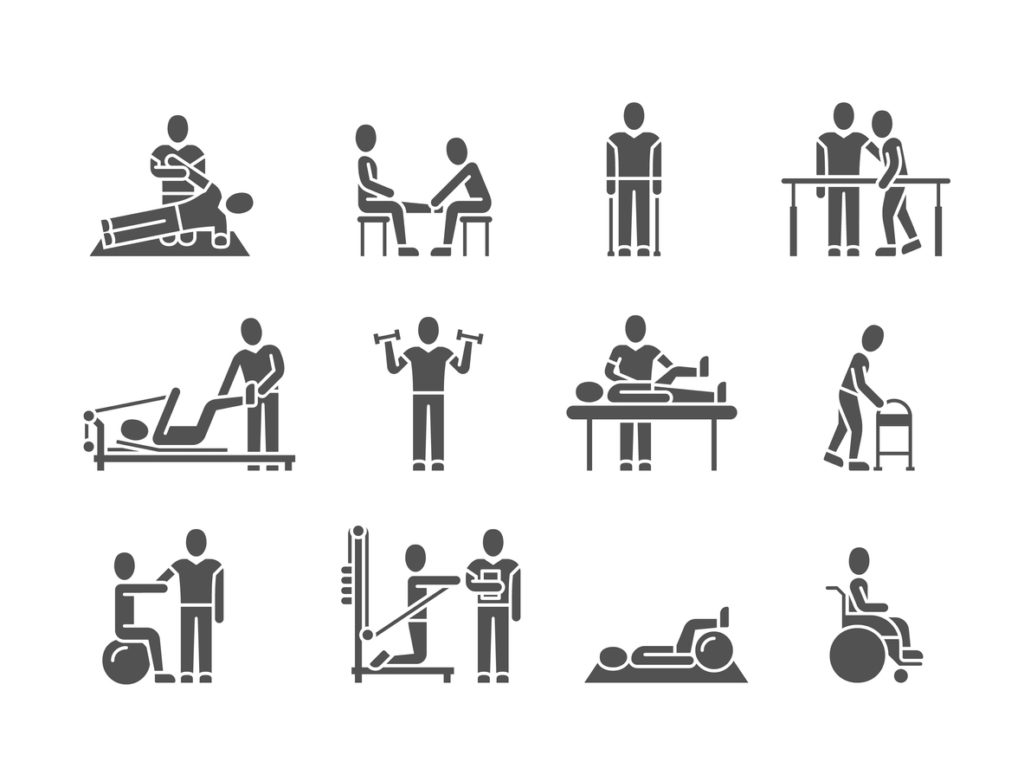This study will test a new patient education program designed for people who do not read well. It will also look at how poor reading skills affect a person’s health and how people who do not read well learn best. We will randomly assign patients who have a rheumatic condition (arthritis) that causes inflammation throughout the body (rheumatoid arthritis, psoriatic arthritis, and seronegative polyarthritis) to three groups that will receive different types of educational materials. We will use the new, experimental patient education program in one of these groups. Each group will have a similar percentage of people from each of three reading level categories: 8th grade or lower, 9th to 11th grade, and 12th grade and higher readers. We will follow patients for one year after the education program to look for changes in health status, disease activity, communication with the doctor, belief that they can manage their own disease (known as self-efficacy), understanding and continued use of prescribed treatments, satisfaction, and health care use.
Official Title
Literacy in Arthritis Management: A Randomized Controlled Clinical Trial of A Novel Education Intervention
Conditions
– Rheumatoid Arthritis- Psoriatic Arthritis
Study Type
Interventional
Study Design
Educational/Counseling/Training, Randomized, Single Blind, Active Control, Parallel Assignment, Efficacy Study
Further Details
The National Adult Literacy Survey of 1992 found that 90-94 million U.S. adults (47-51 percent) have low functional literacy skills, at levels that impair full participation in society. Patients with low literacy report worse health and know less about disease management. The overall goals of the study are (1) to develop new knowledge of the impact of low literacy on health, its causal pathways, and how patients with low literacy learn best; and (2) to test a patient educational intervention designed to minimize literacy requirements. We will randomly assign 225 patients with systemic inflammatory rheumatic conditions to three experimental groups. We will balance study group assignments to contain equal proportions of people from each of three reading levels: 8th grade or lower, 9th-11th grade, and 12th grade and higher readers. The three groups are: Control: Usual care, disease-specific material from the Arthritis Foundation (11th grade reading level), and a medication calendar. “Plain English” Material: Usual care, disease-specific materials written in plain English (5th-8th grade reading level; also known as “plain language”), and a medication calendar. Individualized Education: Plain English materials, an arthritis glossary, and a one-hour, in-person session with a study educator using interactive, text-free methods. Topics and skills will include setting up and following a regimen using the calendar, communicating with caregivers, and navigating the health care system. The study educator will help the patient with reading-related problems at future visits and by telephone for the next 6 months. The goal is to build patient capacity for independence in self-management. We will follow study participants for one year post-intervention for changes in health status, disease activity, communication with the physician, self-efficacy for arthritis management, understanding of and adherence to prescribed treatments, satisfaction, and health care use.
Study Start
Eligibility & Criteria
Ages Eligible for Study: 18 Years and above, Genders Eligible for Study: Both Criteria Native English-speaker 18 years of age or older Patients of the Rheumatology Clinic at Brigham and Women’s Hospital Diagnosis of rheumatoid arthritis, or psoriatic arthritis, or seronegative polyarthritis
Total Enrolment
225
Contact Details
[1] National Institute of Arthritis and Musculoskeletal and Skin Diseases (NIAMS) (US)
All content and media on the HealthEngine Blog is created and published online for informational purposes only. It is not intended to be a substitute for professional medical advice and should not be relied on as health or personal advice. Always seek the guidance of your doctor or other qualified health professional with any questions you may have regarding your health or a medical condition. Never disregard the advice of a medical professional, or delay in seeking it because of something you have read on this Website. If you think you may have a medical emergency, call your doctor, go to the nearest hospital emergency department, or call the emergency services immediately.







